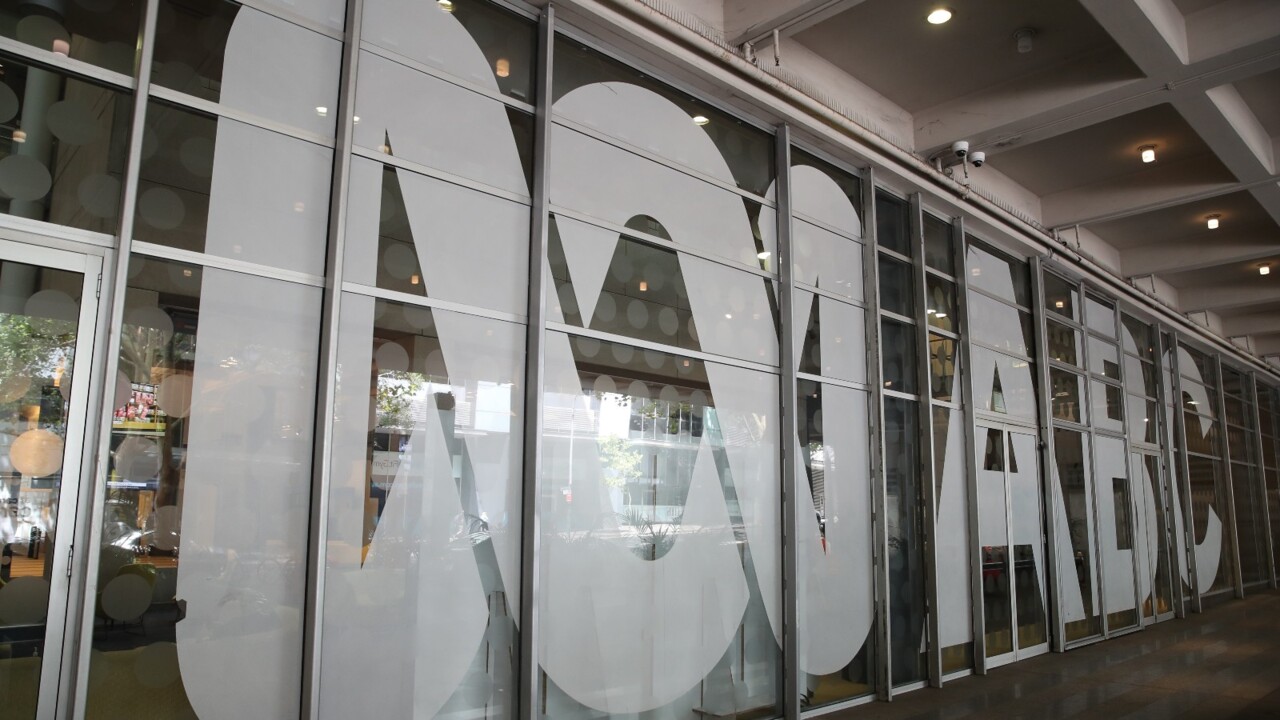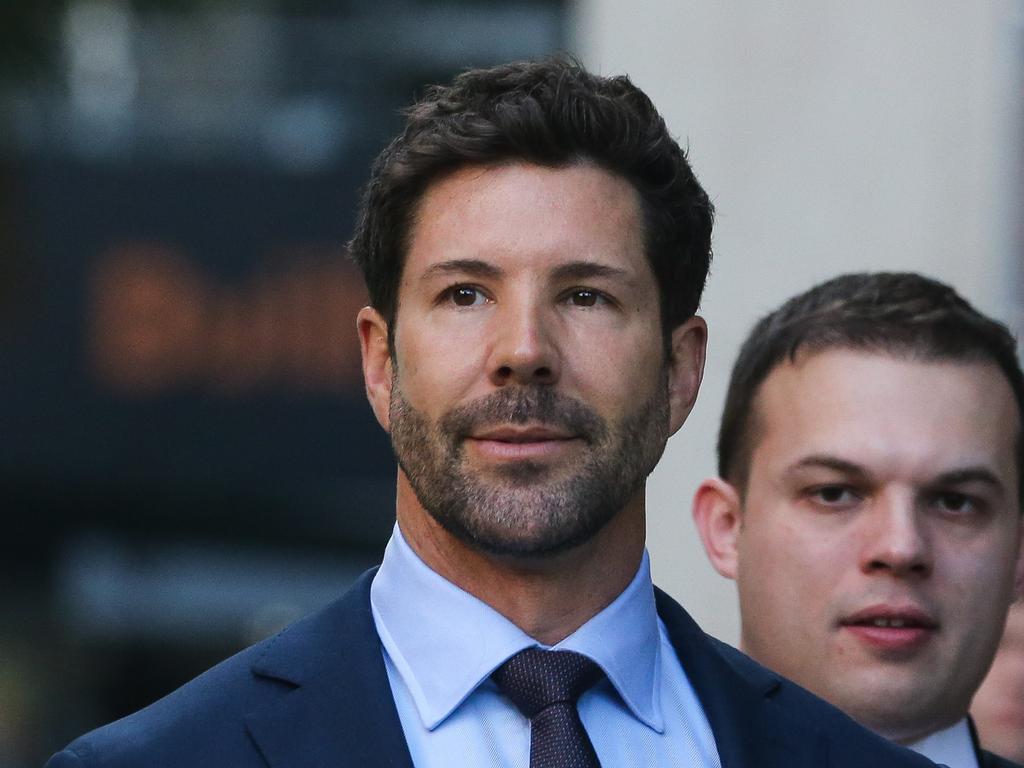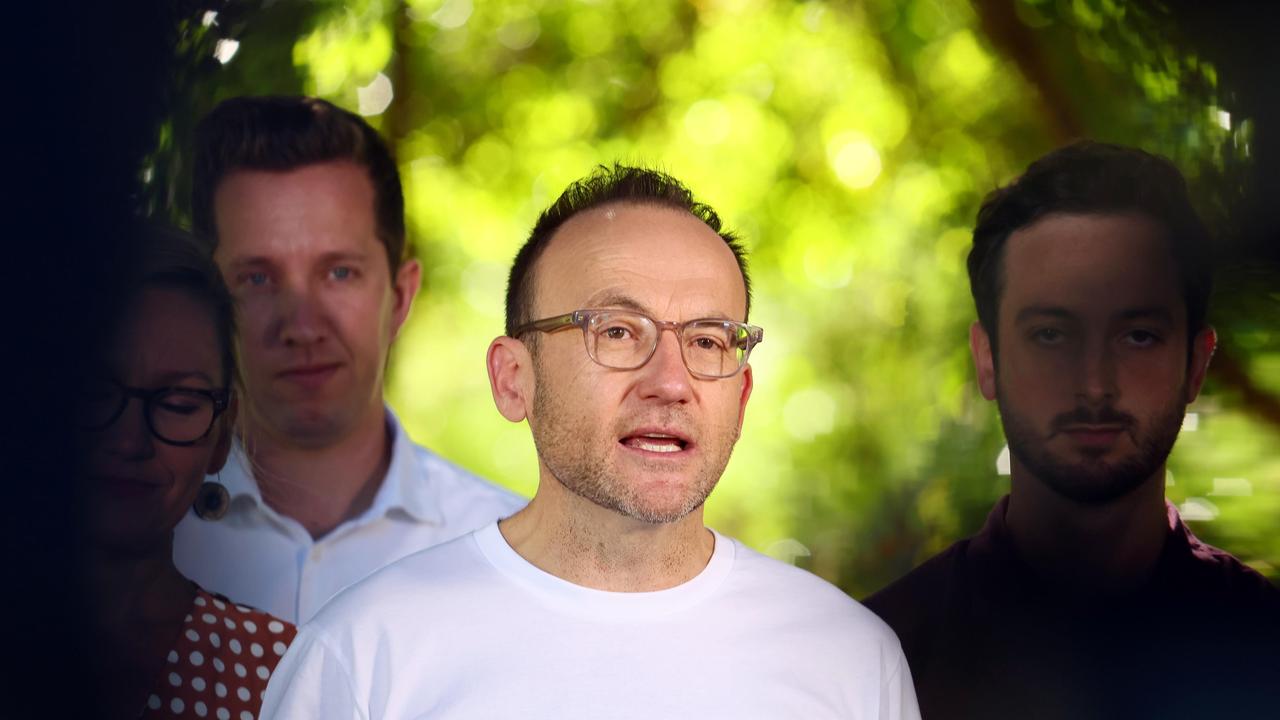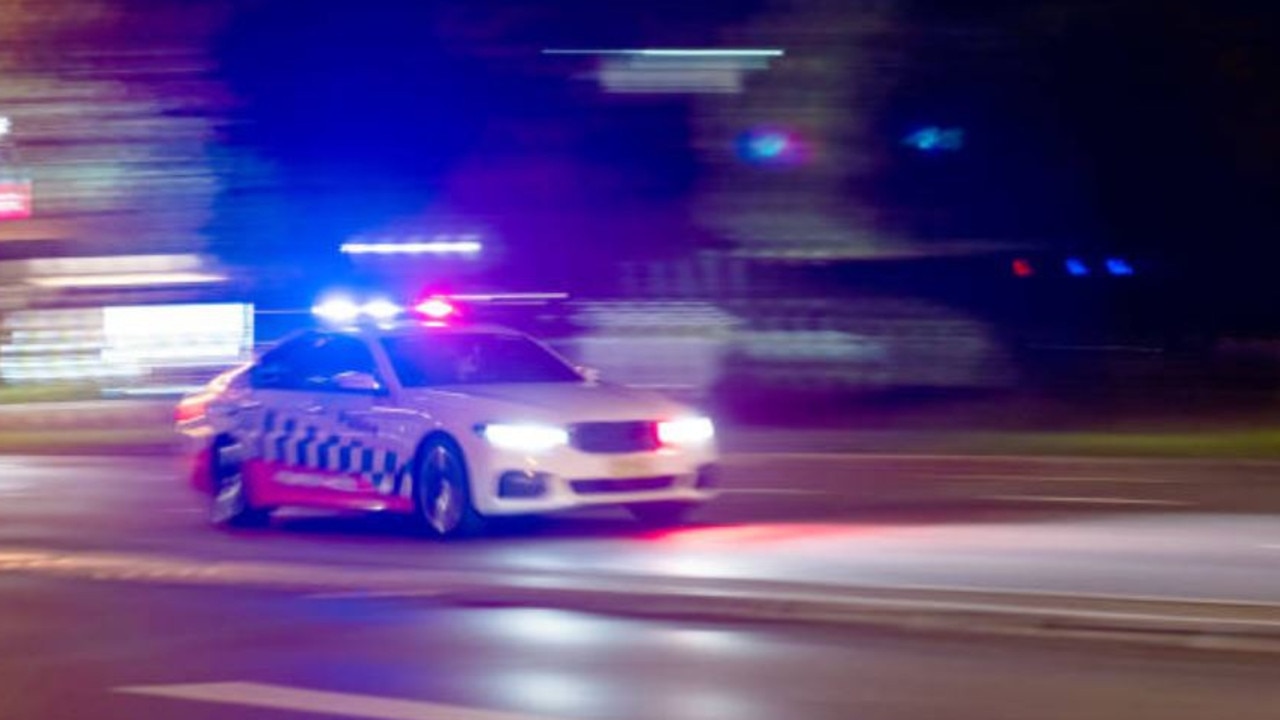Judge slams ABC ‘culture war’ mentality in Heston Russell defamation case
The ABC cops scathing criticism after a landmark ruling in the defamation case involving former commando Heston Russell.
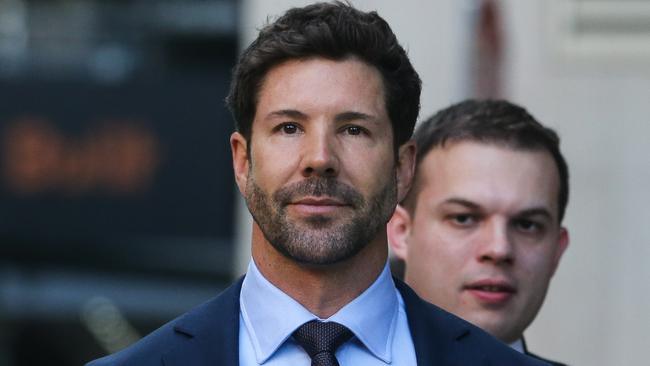
The ABC Investigations team operates under a siege mentality and approaches investigations into alleged war crimes as members of a culture war, according to a Federal Court judge in issuing a landmark judgment finding that the broadcaster defamed former commando Heston Russell.
Judge Michael Lee on Monday awarded Mr Russell $390,000 in damages after the former soldier sued the ABC and journalists Josh Robertson and Mark Willacy over two articles that he claimed, through the use of links and his photograph, implied he was complicit in the execution of an Afghan prisoner.
The first article, published in October 2020, relied on the evidence of “ear witness” Josh – a US marine who heard a “pop” over a radio and asserted that Australian soldiers had killed the prisoner.
The second article, published in November 2021, said the Defence Department had revealed there was an active criminal investigation into the conduct of an Australian commando platoon in Afghanistan in 2012.
Justice Lee found Willacy and ABC head of investigations Jo Puccini became increasingly “defensive” about any criticism of their war crimes reporting, especially after Mr Russell outed himself as the subject of the first article and began doing media interviews with rival organisations.
“Mr Willacy and Ms Puccini had become defensive about any criticism of the October article and considered such criticism was emblematic of a broader culture war attack on all the other war crimes reporting of ABC Investigations,” he said.
Justice Lee criticised Puccini for cutting part of Mr Russell’s response from the second article due to her “perception of being part of a culture war”.

He also criticised the ABC Investigations team for getting defensive when the ABC’s own Media Watch program began scrutinising their reporting, instead of undergoing “mature reflection upon whether the reporting was fair”.
In December, Media Watch sent the team questions, including “Why didn’t you interview and quote another US crew member to corroborate Josh’s account?” and “Why didn’t you interview Heston Russell once he outed himself as the commander of November platoon?”
“One might have thought these well-directed questions may have resulted in some introspection and mature reflection upon whether the reporting was open to fair and legitimate criticism,” Justice Lee said.
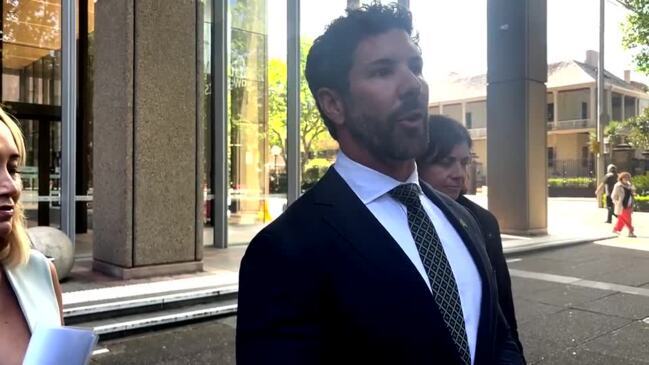
“After all, these queries were not emanating from sections of the media that could be dismissed by those within ABC Investigations as ‘bottom feeders’ or protagonists in a culture war.
“But the internal communications in evidence reveal defensiveness and a perception that any questioning of the October article or November article undermined the important war reporting of ABC Investigations generally.”
Justice Lee’s ruling on Monday marked the first time the public interest defence, introduced in most states and territories in July 2021, was tested.
Throughout the trial, the ABC argued that even if the articles were not wholly true, they were a matter of such high public interest that they were worth reporting.
However, in reading out a summary of his judgment, Justice Lee partially rejected this assertion.
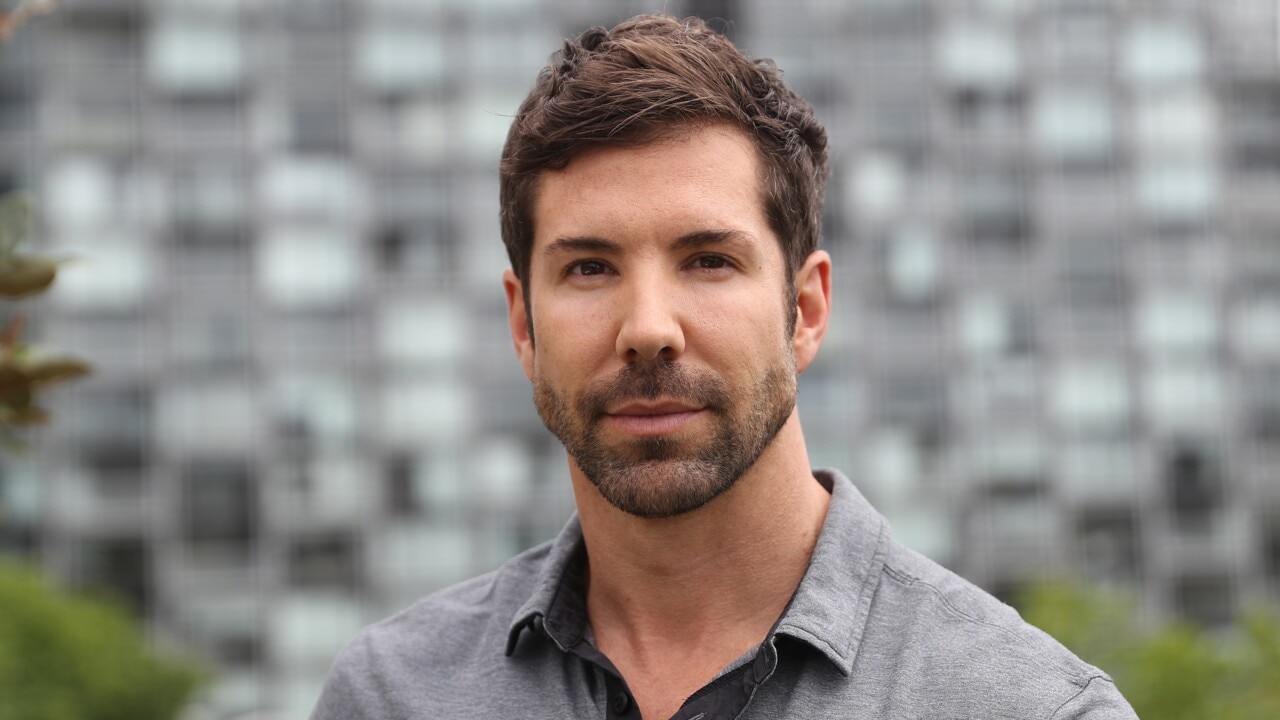
“On one level, this is obviously correct,” he said. “But it is important to understand that there is not some sliding scale which means the greater the public interest in the matter, the greater the margin for error of what is published.”
Justice Lee said while Willacy was genuinely reporting a matter he believed to be in the public interest, “taking his conduct as a whole, his belief was not reasonable in the circumstances.”
He found Robertson had acted “unreasonably” in his interactions with Mr Russell, having failed to “procure all the information he could have reasonably obtained to assess whether what he proposed to publish … was sufficiently accurate.”
Despite ruling in his favour, Justice Lee found Mr Russell to have been an unreliable witness, having given false evidence whilst in the witness box. As such, his evidence was rejected as a whole.
The court heard Mr Russell admit to having altered an invoice he later gave to a journalist in an attempt to prove he had donated pledged funds to a charity that he had raised through adult website Only Fans.
“Mr Russell did not readily accept he created a fake document,” Justice Lee said in his judgment.
“The notion of Mr Russell engaged in document manipulation to reflect the actual final invoice did not come until several questions into the cross-examination and it is obvious it was an explanation Mr Russell made up in the witness box. I have little doubt that Mr Russell‘s assertion there was a final invoice that matched the details of the one he amended to provide to Mr Robertson was designed to cover up his lack of candour.”
As such, Justice Lee said: “Mr Russell was generally not an impressive witness.”
“He was regularly non-responsive and was unwilling to make concessions he regarded as contrary to his case,” he said. “All in all, I do not consider it safe to place any reliance upon his evidence.”
More Coverage
